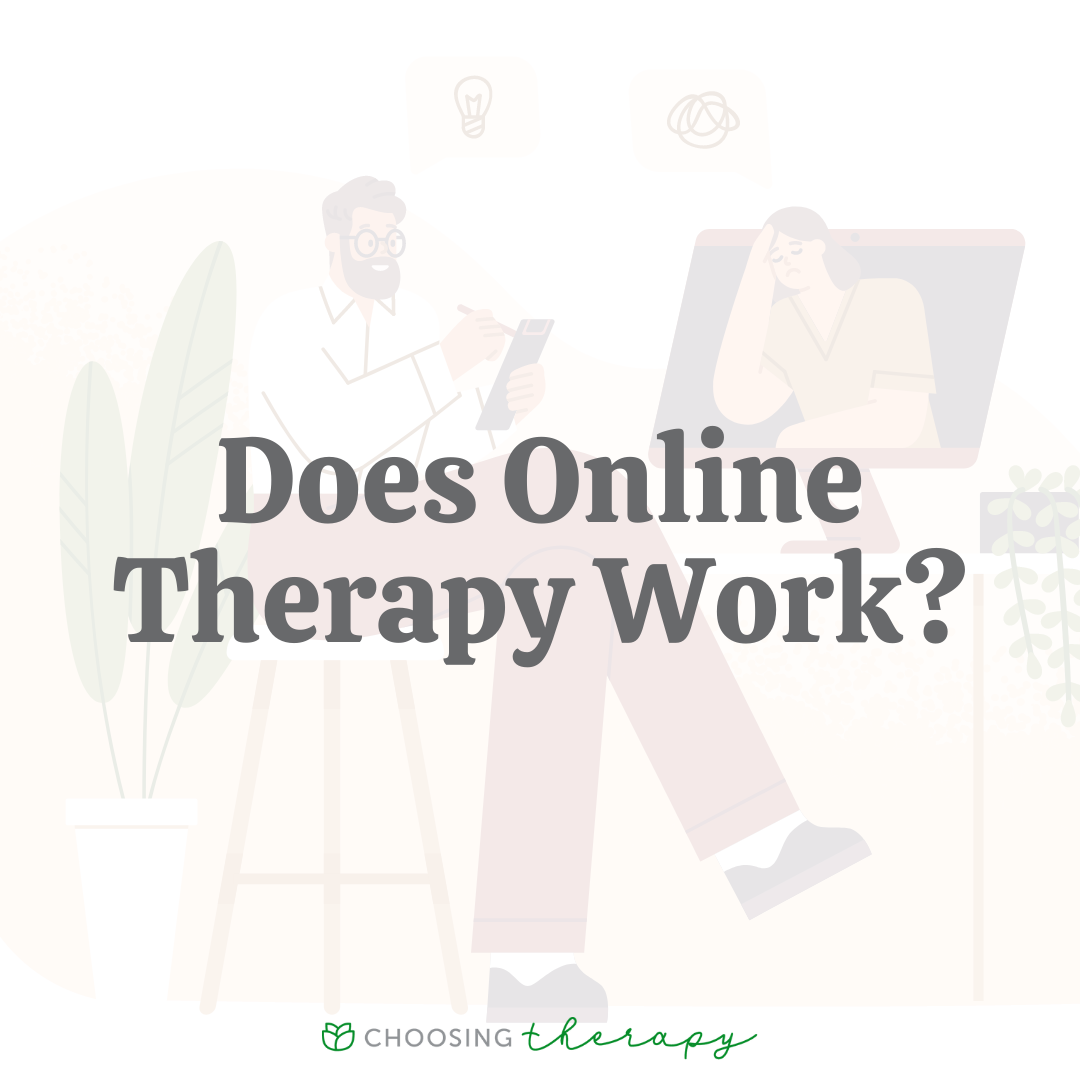Finding Your Authentic Voice: The Path to an Right Virtual Counselor

In this fast-paced world, searching for help for mental health has evolved significantly with the rise of online therapy. The ease of connecting with a therapist from the safety of your own home has made it more accessible for many to take the initial step toward healing and self-discovery. However, locating the suitable online therapist can seem overwhelming, especially with numerous options available. Each individual's needs are specific, and it's essential to find someone who connects with you on a personal level.
When you embark on this journey, consider what you hope to achieve from therapy and the attributes that are important most to you in a therapist. If you are dealing with anxiety, sadness, or just seeking support, knowing your needs will guide you in selecting a therapist who aligns with your goals. This journey is not just about therapy; it’s about discovering your voice and ensuring that it is listened to and appreciated in a safe and supportive environment.
Comprehending Virtual Counseling
Online counseling has become an progressively popular solution for those in need of mental health support. It permits individuals to connect with certified therapists from the safety of their personal homes, removing barriers that may prevent people from accessing traditional face-to-face therapy. Whether it is due to geographical restrictions, mobility issues, or different schedules, online therapy provides a flexible solution that can address a variety of needs.
The process generally involves using safe video conferencing platforms or even text-based dialogue, ensuring that sessions remain confidential and user-friendly. Many therapists are now trained to provide multiple modalities of treatment, from cognitive behavioral therapy to mindfulness practices, all tailored to conform to the virtual environment. This flexibility can enhance the counseling experience, making it available for people who might otherwise be reluctant to seek help.
Moreover, digital therapy can help reduce the shame associated with visiting a therapist in person. The anonymity provided by digital sessions enables individuals to feel more comfortable discussing personal issues without the burden of facing someone in a waiting room. As more people acknowledge the advantages of this approach, digital therapy continues to evolve, integrating tech and mental health care in fresh ways that connect with a broad audience.
Selecting the Best Therapist
Selecting the best therapist is a vital step in your path toward emotional well-being. Commence by figuring out what you hope to achieve from therapy. Are you facing anxiety, sadness, interpersonal challenges, or something else? Understanding your needs will assist you identify a therapist who specializes in those areas. Therapy Helpers permit you to filter by field, which can render the search journey more efficient.
Consider the therapist's credentials and background. Search for licensed professionals with a track record that matches with your specific challenges. Examining feedback from other clients can also provide understanding into their approach and success rate. Don't hesitate to contact to therapists to pose questions about their methods and experience; it's important to find someone you are at ease with.

In conclusion, consider logistics such as availability, way of communicating, and costs. Online therapy offers convenience, so search for a therapist who can accommodate your timing. Furthermore, consider whether you would rather have video sessions, phone calls, or messaging, as different therapists may offer different formats. Taking these factors into account will not only help in choosing the best match but also improve your overall journey with therapy.
Creating a Supportive Relationship
The cornerstone of successful online therapy is rooted in establishing a robust therapeutic relationship between the client and their mental health professional. This relationship is essential as it cultivates trust, openness, and a sense of safety, allowing you to explore their thoughts and feelings with ease. You should feel secure talking about your experiences and concerns, knowing that your therapist will provide a supportive and caring environment. Start by articulating your needs and expectations explicitly to encourage this bond from the start.
Engagement in the therapeutic journey can vary based on personal personalities and preferences. It is important to find a therapist whose approach resonates with clients, whether it is through their communication style, level of empathy, or designated therapeutic techniques. Think about scheduling a preliminary consultation to gauge this connection. During this conversation, you can ask questions about the therapist's methods and share your unique circumstances, helping them assess if the therapist can meet your specific mental health needs.
Ongoing feedback is crucial for cultivating the connection throughout your therapy process. Be willing about what works for you and what doesn’t, as this will guide your therapist in tailoring his/her approach. A successful therapeutic bond thrives on cooperation, so don’t hesitate to express clients' feelings about the process. As you build this connection, they empower themselves to make substantial progress in your mental health journey while making sure you feel heard and valued.
